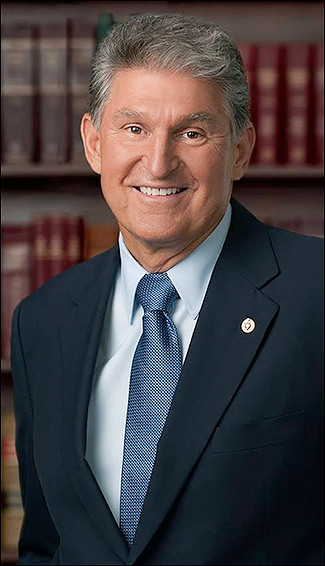By Jim Ellis
April 27, 2018 — The nomination races in the May 8 primary states are heating up as Election Day draws near, and one of the more interesting campaigns is in West Virginia. There, three major Republican candidates are vying for the party nomination to earn the right to challenge Sen. Joe Manchin (D) in November.Two polls were released earlier in the week, each projecting a different leader. The first came from National Research, Inc. for GOPAC, a long-established political organization that supports Republican candidates. The survey (April 17-19; 411 likely West Virginia GOP primary voters) gives Attorney General Patrick Morrisey a 24-20-16 percent lead over US Rep. Evan Jenkins (R-Huntington) and former Massey Energy company CEO Don Blankenship who recently spent time in a Nevada prison for his role in a mine explosion that killed 29 of his company’s workers in 2010. Five years later, Blankenship was found guilty of conspiring to willfully violate government safety standards. He received the maximum sentence, which resulted in a one-year prison term and a $250,000 fine.
The second poll comes from Fox News, employing their normal research process. The media organization conducts its surveys in collaboration with two polling firms, one a Democratic research organization, Anderson Roberts Research, and the other Republican, Shaw & Company Research. In West Virginia, their poll was in the field over the April 18-22 period and interviewed a more robust 985 likely West Virginia Republican primary voters.

